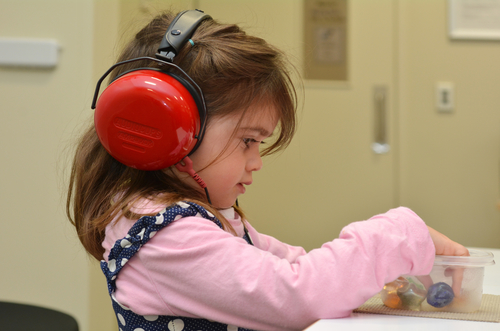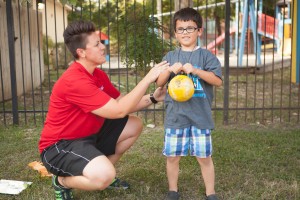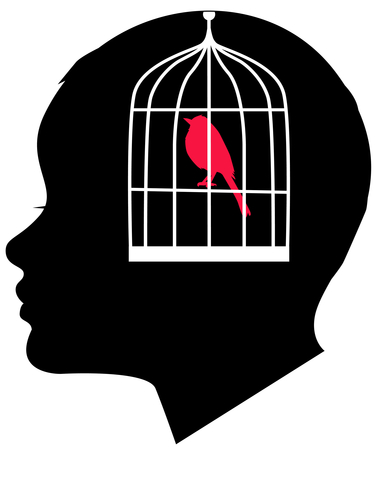Neuroscience Imaging the Asperger Brain
Guest(s): Dr. Janessa Manning, Dr. Chris Plauche
The Asperger brain is different in both its function and anatomy as shown in MRI brain scans. This medical study explains why people diagnosed with High-Functioning Autism or Aspergers Syndrome cannot read social cues, thus ‘acting’ differently. It is not bad behavior, it comes from a brain that is different!
Gabriela Lemos was born in Porto Alegre, Brasil, and was raised in San Antonio, Texas. She is currently a student at UTSA, graduating in December 2014 with a Bachelor degree in English. Brie states that she loves language and words, and the way in which people communicate with each other. She has always been interested and attracted to the autism community. “I find those on the spectrum to be incredible in so many ways, and I believe we can all learn from each other in our different strengths and weaknesses. I would love to use my talents to aid those who are not as strong in areas which I have confidence, and in turn receive an infinite amount of lessons and aid from those who I work with. Everything you send out, comes back to you, and I plan to practice sending out love and compassion every day”. We feel so fortunate to offer Brie’s talent of writing as well as her passion for autism awareness every week through our Aspergers101 Weekly.












